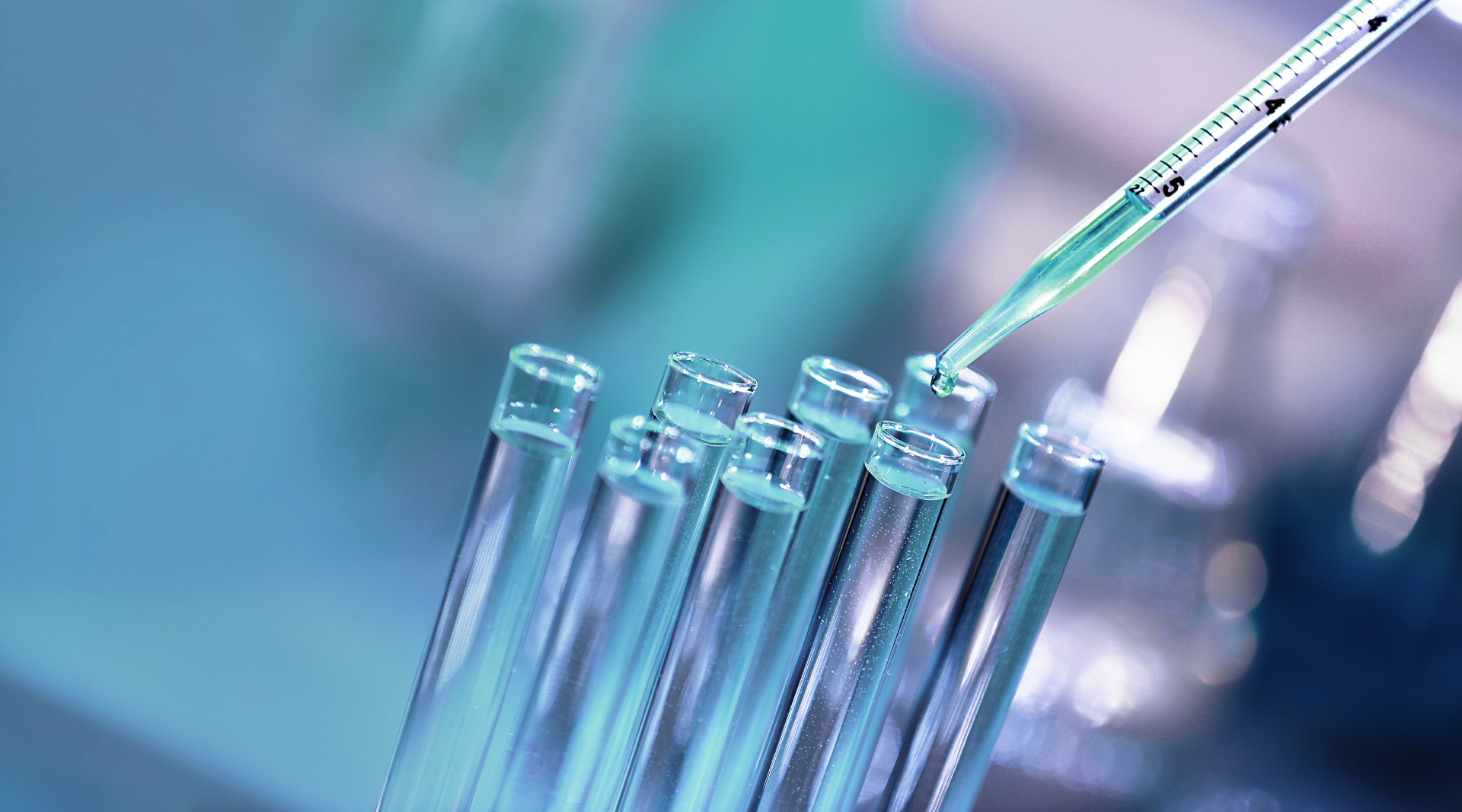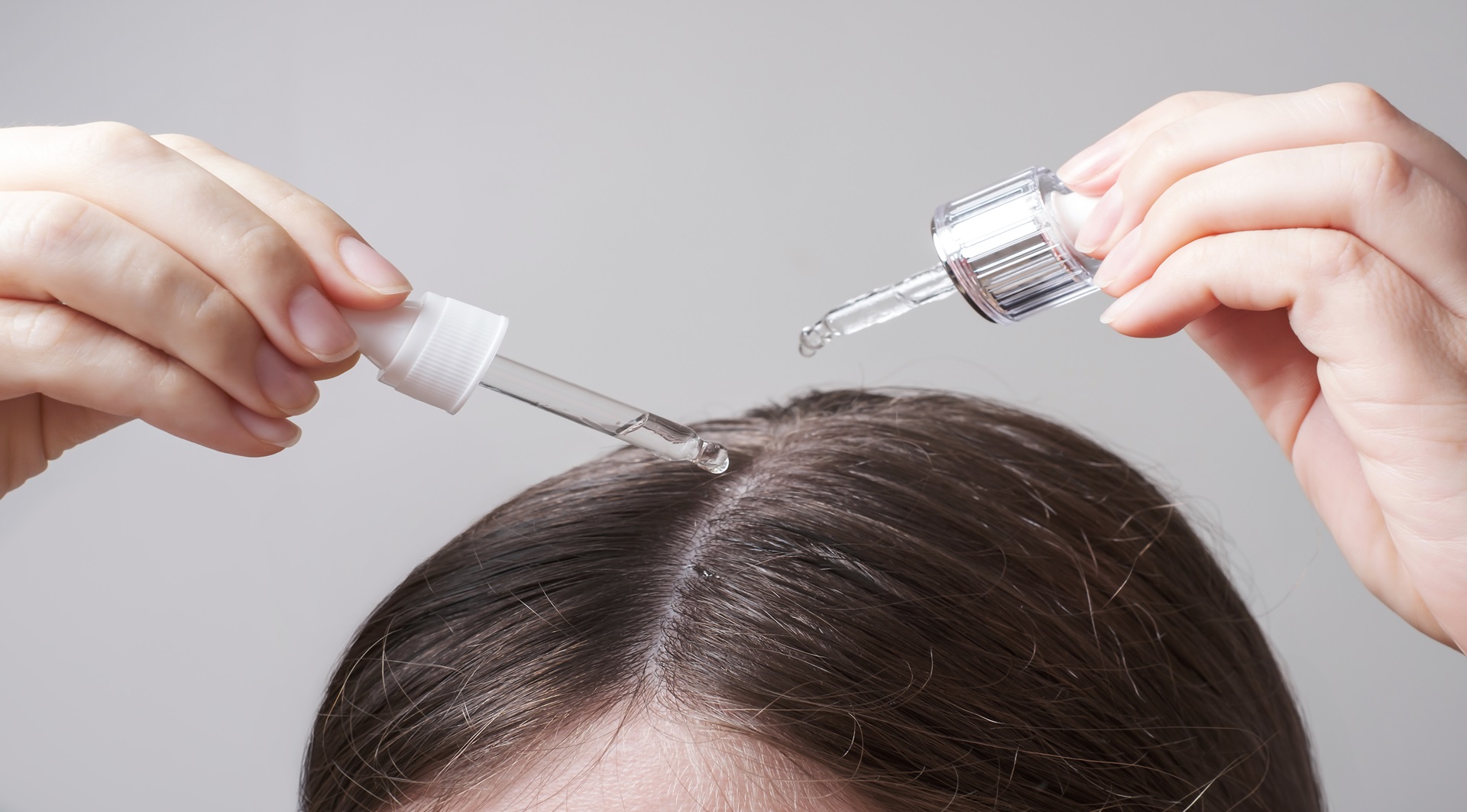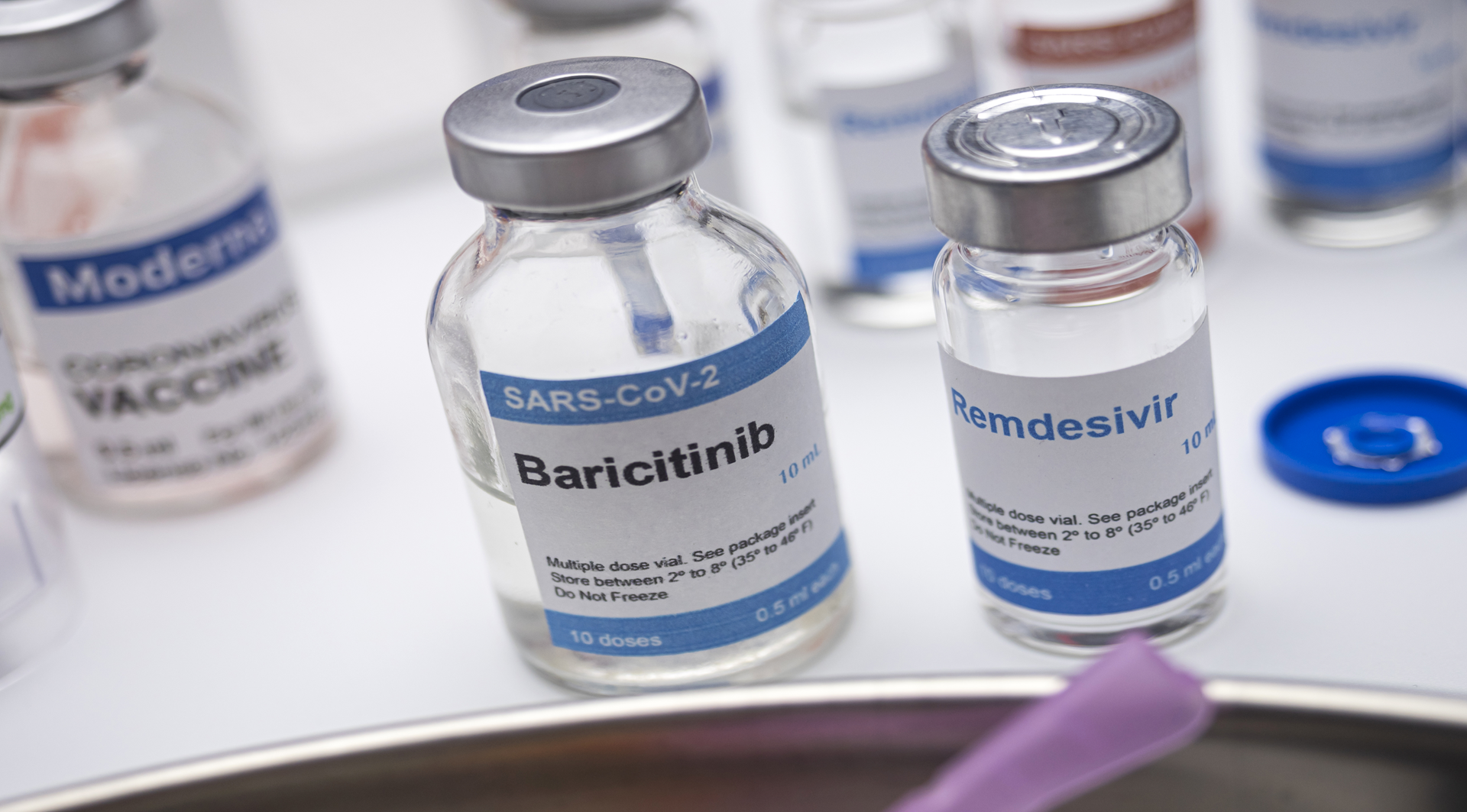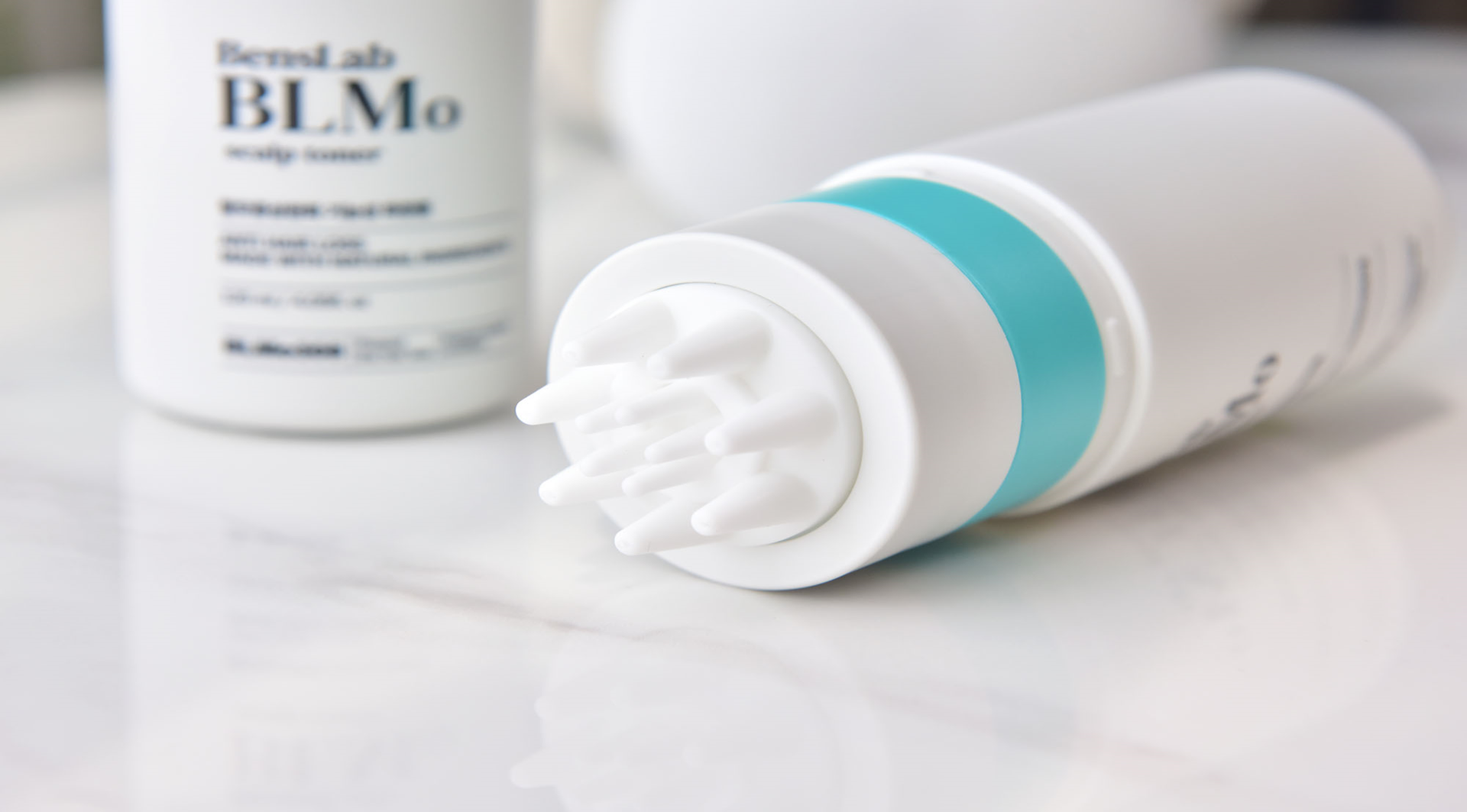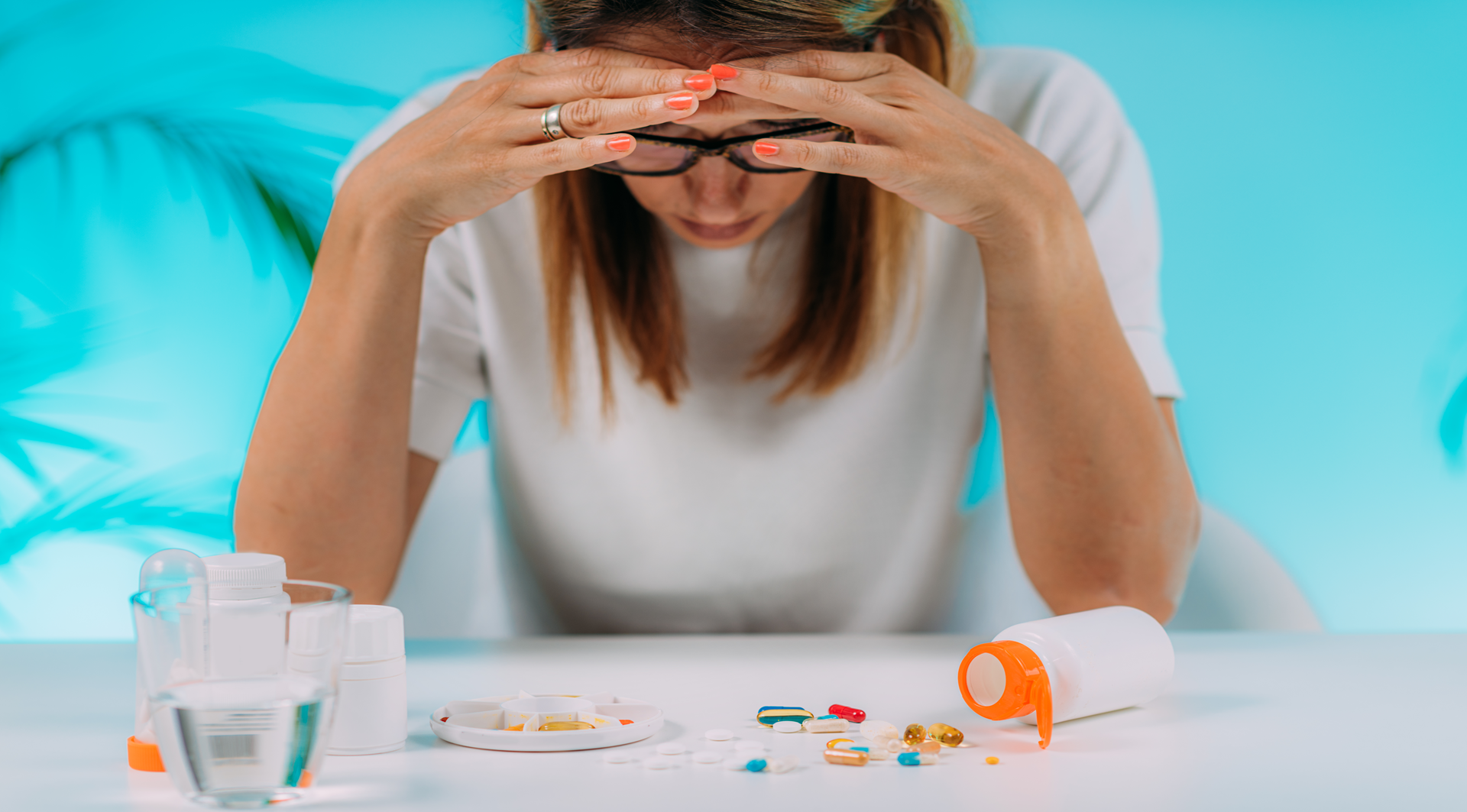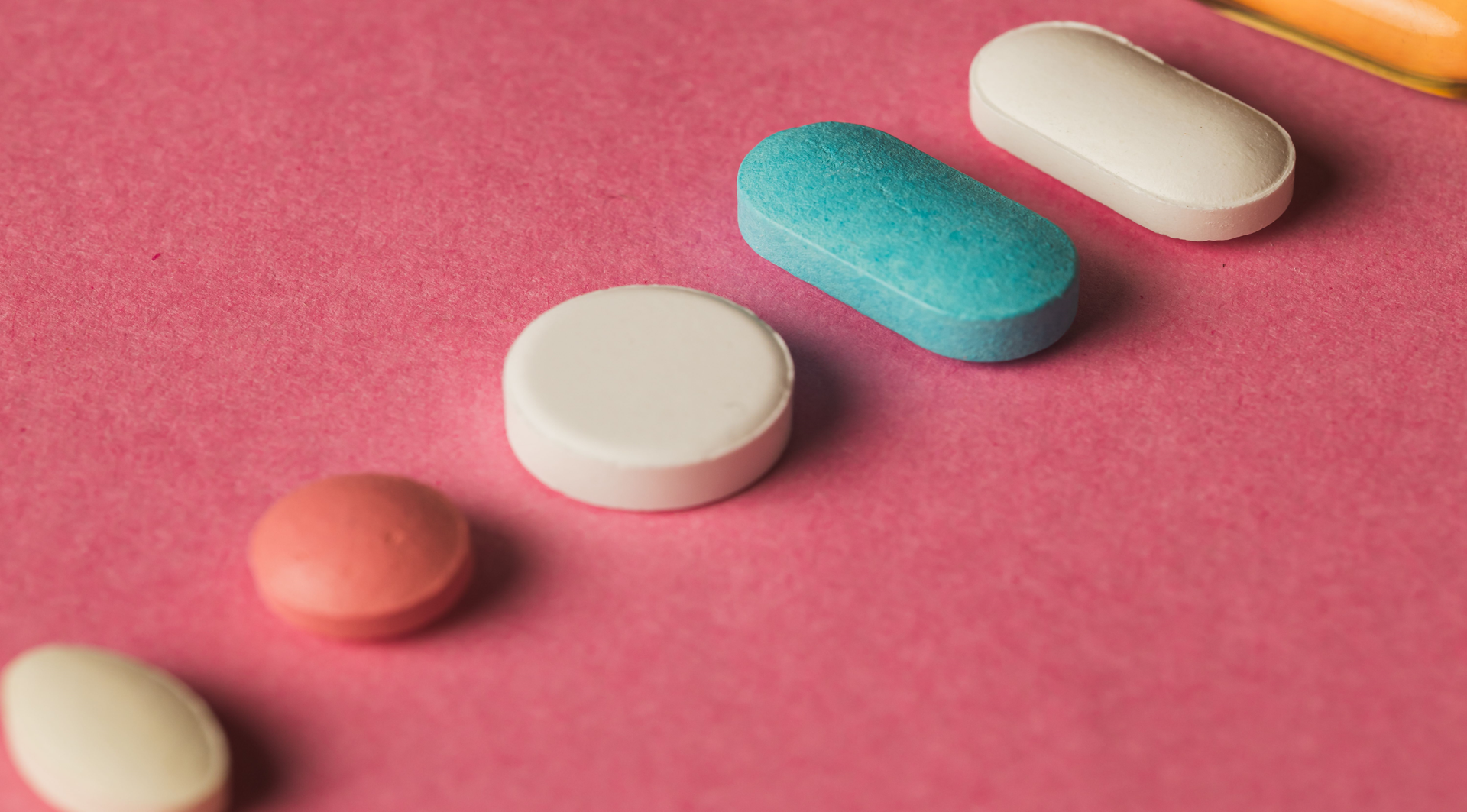Seborrheic Dermatitis and Hair Loss
Is it true that seborrheic dermatitis on the scalp can cause hair loss if left untreated? Let's delve into the details.
Seborrheic dermatitis and hair loss are two common skin and scalp conditions that can often be related to each other. In this section, we will explain each condition and examine the relationship between them.
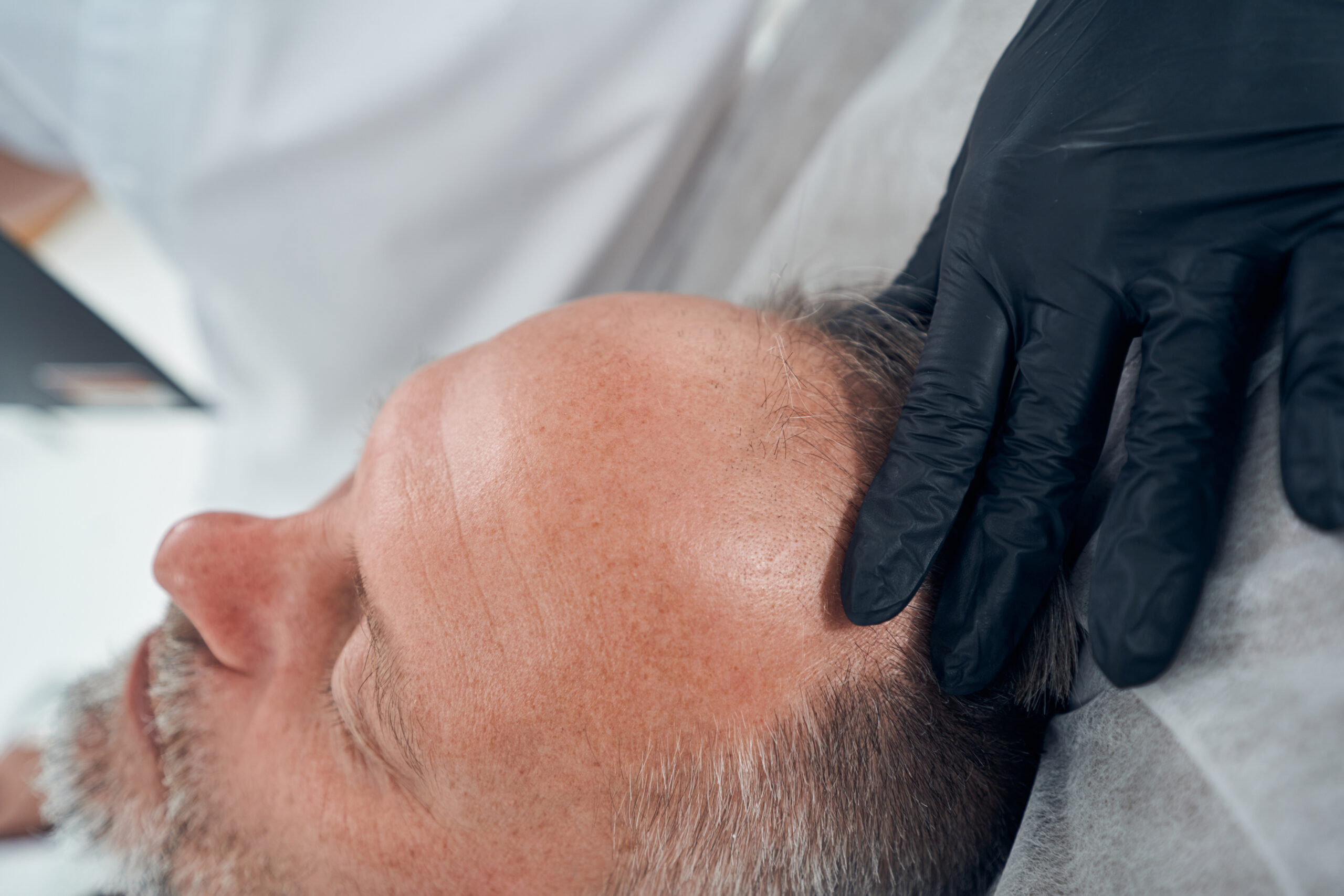
Seborrheic Dermatitis
Seborrheic dermatitis is a condition where the sebaceous glands in the skin become overactive, leading to inflammation. When it occurs on the scalp, it is called seborrheic scalp dermatitis, and symptoms include itching, dandruff, and redness. The main symptoms of seborrheic dermatitis are red or yellow greasy scales and crusts, itching, inflammation and swelling of the skin, and dandruff on the scalp. The causes of this condition can vary. Genetic factors can play an important role in the development of seborrheic dermatitis, and hormonal changes can exacerbate symptoms by increasing sebum production. Additionally, stress can weaken the immune system and worsen seborrheic dermatitis, and a yeast called Malassezia is also associated with this condition.
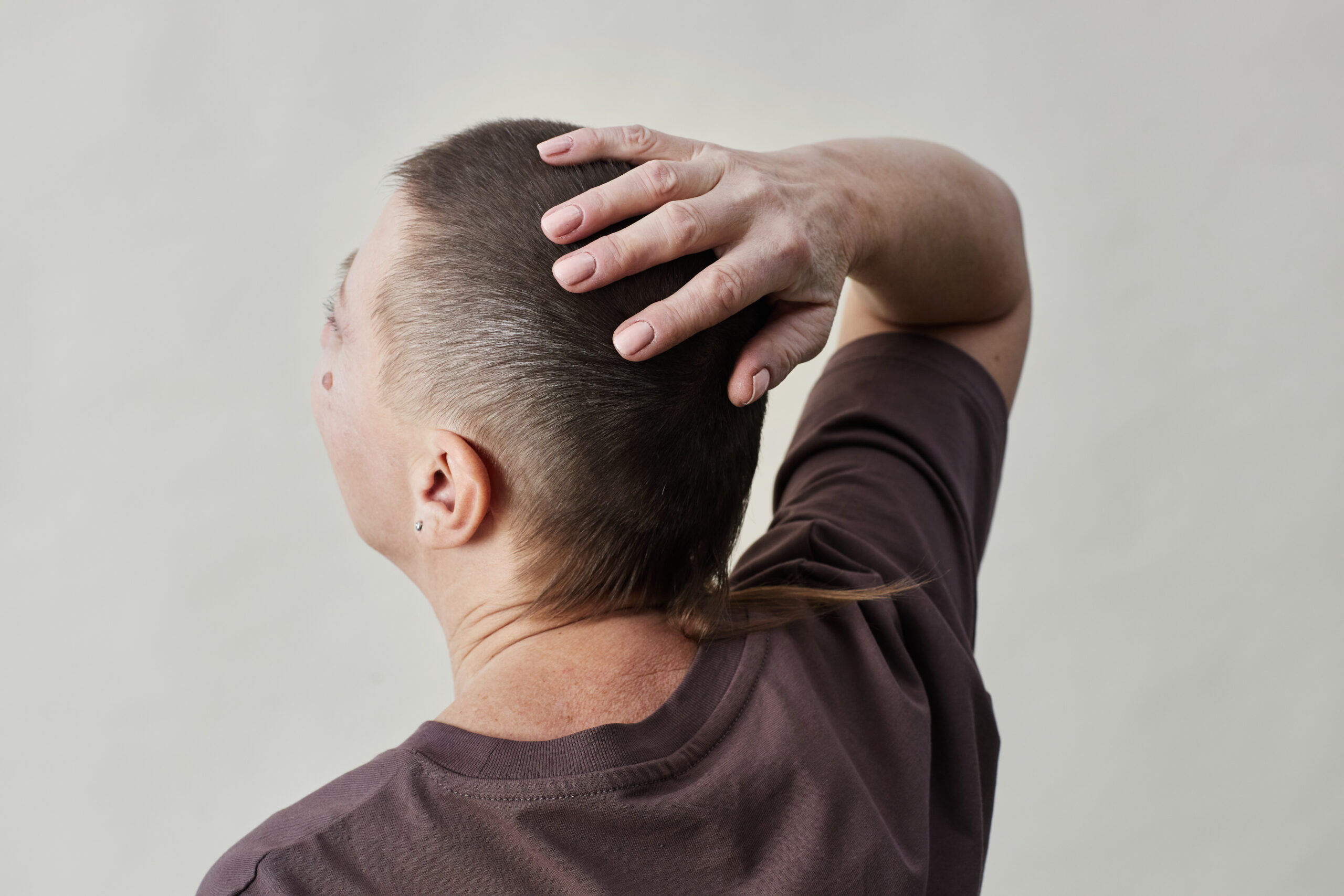
The Relationship Between Seborrheic Dermatitis and Hair Loss
While seborrheic dermatitis is not a direct cause of hair loss, the two conditions can influence each other. Seborrheic dermatitis causes inflammation of the scalp, which can affect hair follicles and lead to hair loss. If inflammation persists, hair follicles can be damaged, making it difficult for new hair to grow. Therefore, it is important for individuals with seborrheic dermatitis to manage it properly to prevent potential hair loss. To effectively manage seborrheic dermatitis, it is essential to keep the scalp clean by removing oil and dirt. Using an antifungal shampoo containing ketoconazole, selenium sulfide, or zinc pyrithione 2-3 times a week is recommended. Additionally, temporarily applying a steroid lotion, solution, or gel to the scalp can be effective. However, it is important to note that long-term use of strong steroids on the facial area can cause side effects. If severe scalp inflammation causes significant hair loss, it is important to avoid alcohol and overwork, and seek appropriate treatment at the onset of symptoms such as dandruff or itching. With proper treatment and management, symptoms can be alleviated and the development of more serious problems can be prevented. Hair loss caused by seborrheic dermatitis can naturally recover as the scalp returns to normal with proper treatment and management.


